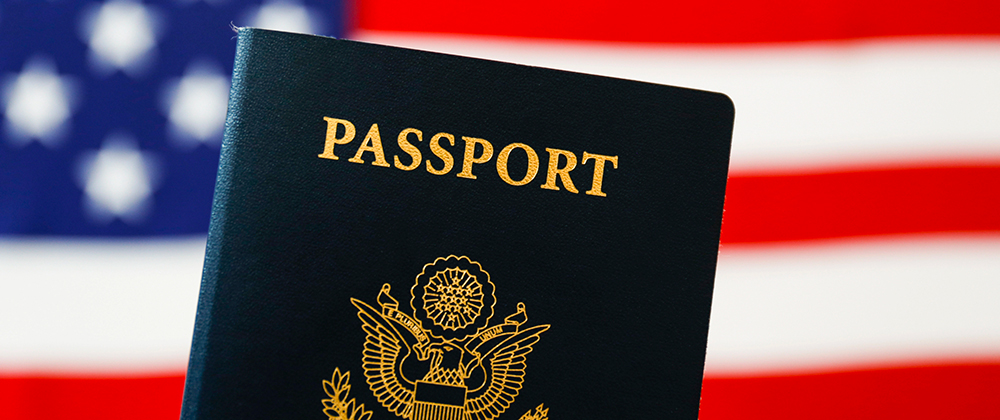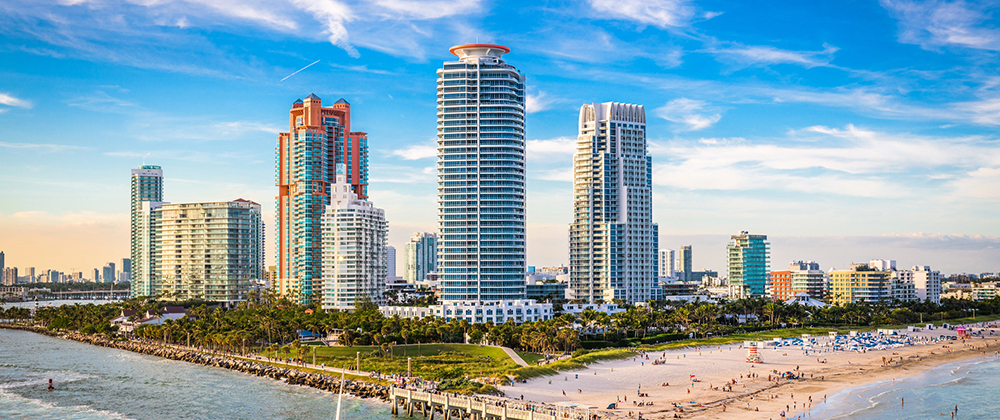Learning About Deportation Protections
Many Afghans brought to the U.S. face an uncertain future as the second anniversary of the U.S. military’s pullout from Afghanistan nears. While 77,000 Afghans who helped the U.S. Armed Forces in Afghanistan were resettled in the U.S. after the Taliban took over power in the country in Aug. 2021, their deportation protections are set to expire during the summer and fall of 2023. Unfortunately, Congress has yet to act to provide them with permanent residence, meaning that many might be returned to Afghanistan if nothing is done.
Few Afghans Have Received Permanent Legal Residence
While the U.S. government promised that Afghans who helped military service members would be protected, only 4,775 applications for the special visa program have been approved out of 77,000 Afghans who were brought to the U.S.
Resettled Afghan evacuees were granted parole to allow them to enter the U.S. and remain temporarily. This allowed the government to quickly resettle thousands of people in the U.S. in 2021. However, parole is temporary, and for the evacuees to gain permanent status in the U.S., Congress would need to act.
The government has received more than 14,000 applications for asylum filed by Afghans who were resettled in the U.S. but has only approved 1,175. Another 14,600 Afghans have applied for permanent residence status under the Special Immigrant Visa program for those who helped the military to remain in the U.S. However, the government has only approved 3,600 of the Special Immigrant Visa program applications so far.
The Biden administration extended temporary protected status to Afghan evacuees in 2022, which would allow them to work and live in the U.S. for 18 months. However, only around 1,000 Afghans have been enrolled as of Feb. 2023. The temporary protected status also does not provide a path to permanent residence status.
Inaction by Congress
The Afghan Adjustment Act has languished in Congress because of pushback from some Republicans about the vetting of Afghan evacuees. While the bill had an equal number of co-sponsors from both parties in the Senate during the last Congress, some Republican lawmakers have questioned how well the evacuees were vetted. The administration has stated that all evacuees were thoroughly vetted at U.S. military bases overseas before they were resettled in the U.S. Before an evacuee could secure lawful permanent residence, they would also need to undergo thorough interviews.
The parole for resettled afghans will begin to expire in July 2023. Most will expire later in the late summer or early fall, making it important to pass the Afghan Adjustment Act as soon as possible. Once their parole expires, they will no longer be able to live or work in the U.S. legally.
While some evacuees have applied for other programs to gain lawful permanent residence, including asylum and the Special Immigrant Visa program, advocates state that there are simply not enough immigration lawyers to help the Afghans to apply for permanent residence status. They argue that Congress needs to pass the Afghan Adjustment Act to provide resettled Afhgans with the deportation protections they deserve.
Dire Situation in Afghanistan
Under the Taliban, the situation in Afghanistan has devolved. The Taliban has stopped education for girls and banned women from attending universities. There have been massive levels of unemployment, and many people are facing starvation. Resettled Afghans state that being forcibly returned to Afghanistan is not an option because of the conditions in the country and the likelihood that they would face extreme persecution by the Taliban if they went back. If Congress passes the bill, all relocated Afghans would gain long-term stability and be allowed to continue living and working in the U.S. permanently.
Talk to a Miami Deportation Attorney
If you were evacuated from Afghanistan and have resettled in Miami, you might want to apply for asylum or a visa through the Special Visa Program to try to gain permanent residence and avoid the potential repercussions of the end of parole. The experienced immigration lawyers at Pozo Goldstein can help you understand your options and assist with filing your immigration application. Our Miami immigration attorneys have a deep bench of immigration law experience and include former immigration prosecutors and a former law judge. Contact us today to schedule a consultation by calling (305) 856-0400.




